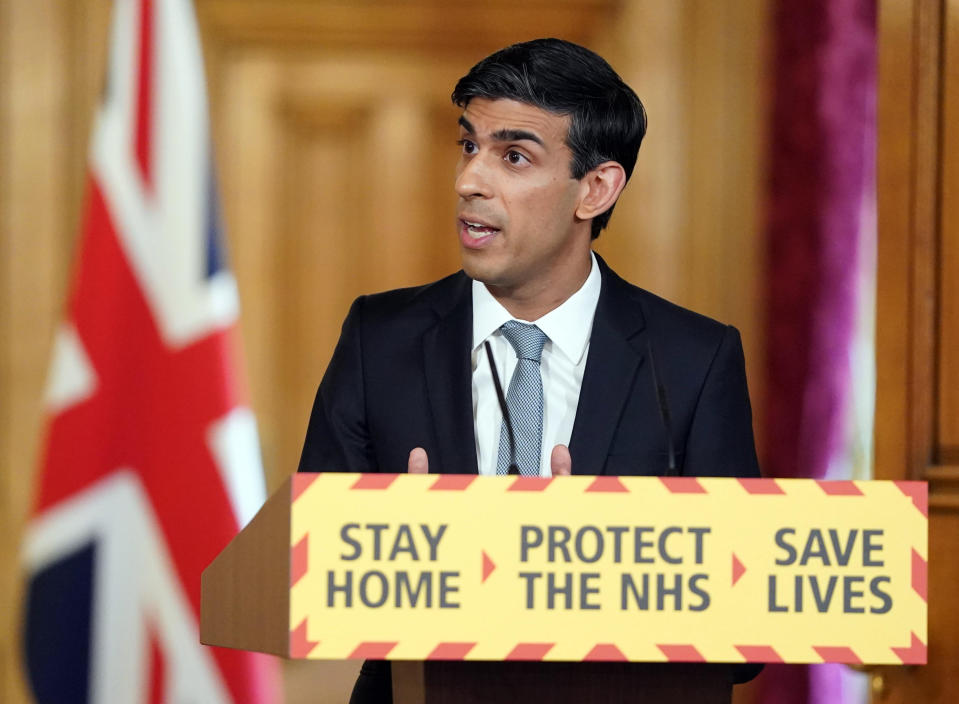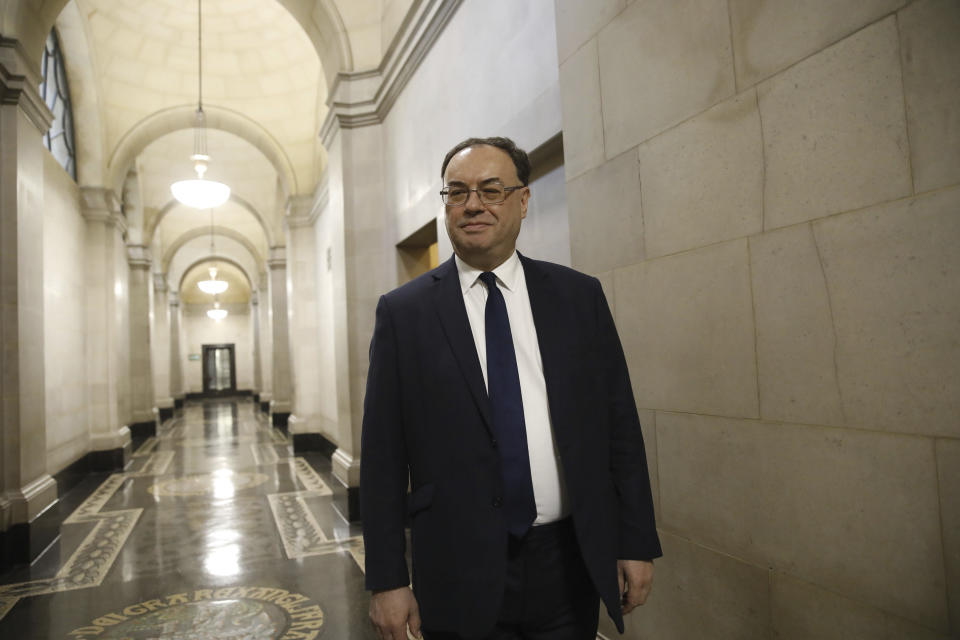Bank of England governor backs end of furlough scheme

Bank of England governor Andrew Bailey has repeated his support for the end of the government’s coronavirus job retention scheme, saying sector specific support was now more appropriate.
Bailey told the Treasury Select Committee on Wednesday: “It’s got to the point where a scheme that was designed very sensibly for a general labour market feature… has now changed.
“The labour market has changed, the nature of COVID-19 has changed. It’s much more specific in the effects it’s having.”
READ MORE: 'Record level' of uncertainty for UK economy, warns Bank of England governor
The governor pointed to the increased concentration of furloughing in certain industries, such as retail, arts and entertainment. The Office for National Statistics estimates that only around 13% of staff remain on furlough, down from a high of around 30% earlier in the crisis. However, 51% of all workers in arts and entertainment sector are still relying on state support.
“That change in the nature of the issue requires a change in the nature of thinking about what the right policies are to address it,” he said. “It’s right to say the nature of the question, the challenge has changed.”
Bailey said it would be sensible to replace the the job retention scheme with more sector-specific support schemes, but stopped short of calling for specific policy actions.
READ MORE: Fears of Bank of England directly financing UK spending are ‘misplaced’
The comments are consistent with what Bailey told the BBC last month. The governor said it was “right” for Chancellor Rishi Sunak to wind down the programme.
Bailey’s position stands in contrast to many economists, union leaders, and some MPs who have all urged the Chancellor to extend the job retention scheme. Steve Turner, assistant general secretary of Unite, told MPs in June that Britain could face a “tsunami of job losses” when the scheme ends.

Over 9 million people in Britain have been placed on furlough at some point since the job retention scheme was announced in March. The cost of the scheme to employers has been rising steadily since the end of July and the programme is due to come to an end in October.
Sunak has so far resisted calls to extend the programme, saying it would give unviable companies and their employees false hope.
READ MORE: Over 100 MPs call for long-term furlough scheme for aviation sector
Sir Dave Ramsden, a deputy Bank of England governor, echoed Bailey’s comments in his evidence to the Treasury Select Committee.
“We move away thinking about economy wide measures and more to measures that might be more targeted,” he said. “We’ve seen the government already doing that with the Eat Out to Help Out scheme.
“Unfortunately, there will be an adjustment where some companies will go under and they will have taken on too much debt. Given the kind of shock we’ve had, it won’t be the kind of situation where every business can work through this.”
Bailey said the central bank would “use all our tools to do all we can” to prevent sky rocketing unemployment.

 Yahoo Sports
Yahoo Sports 